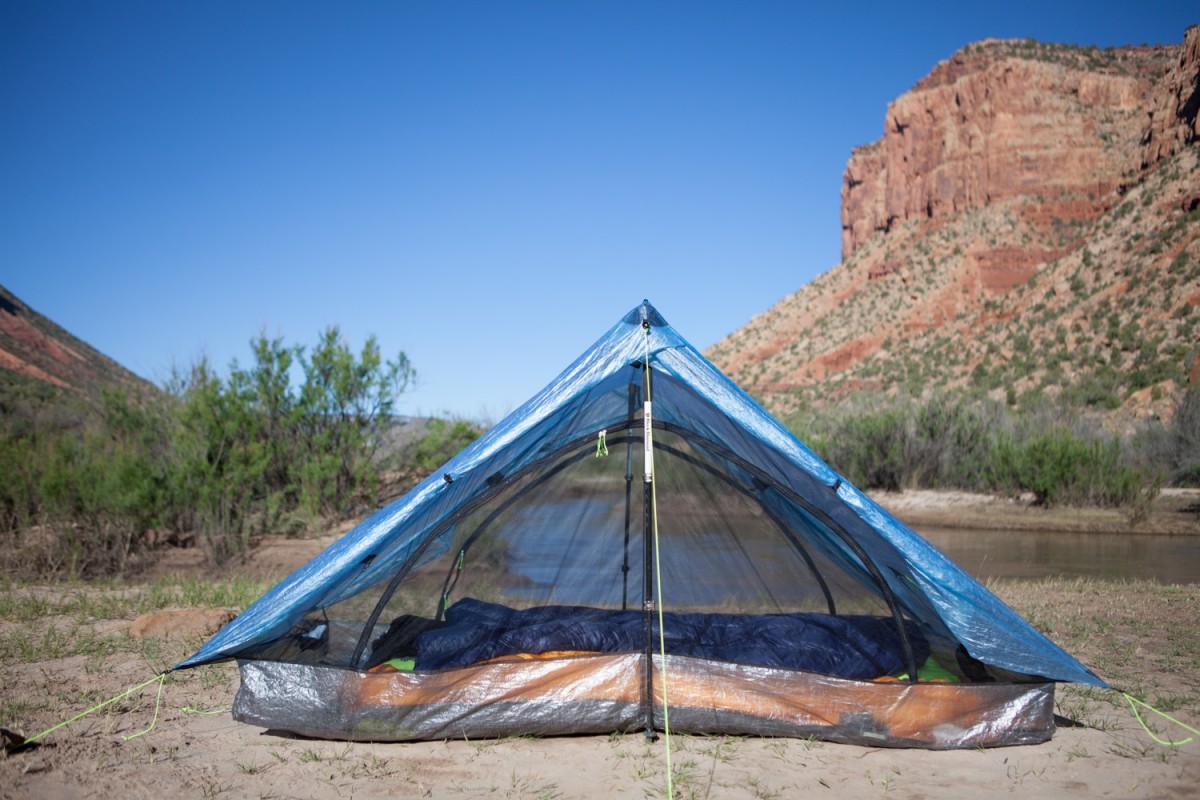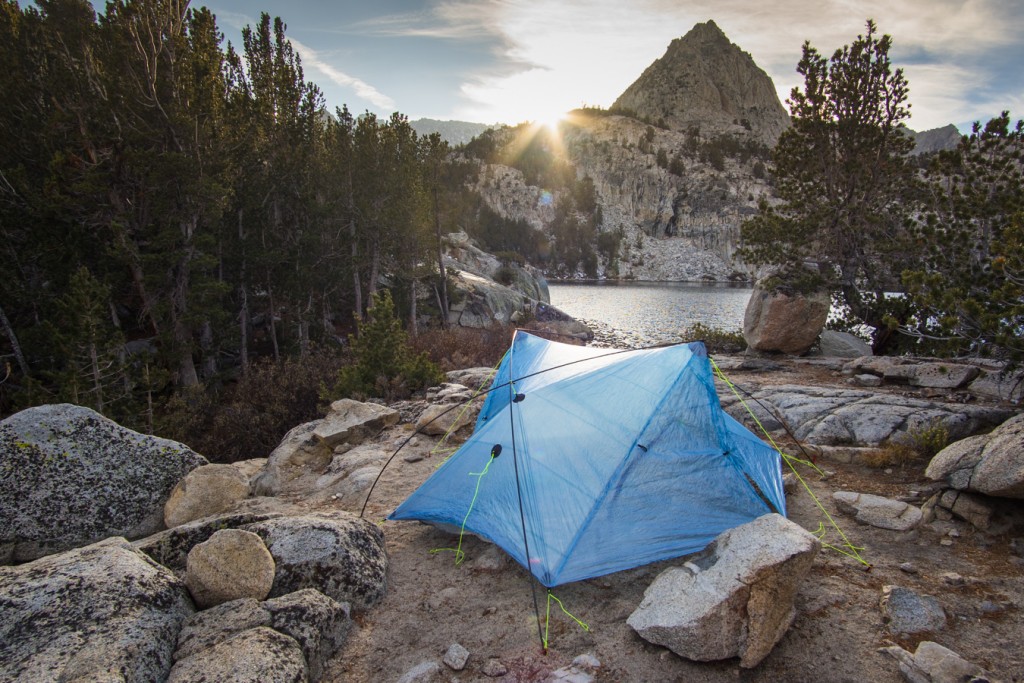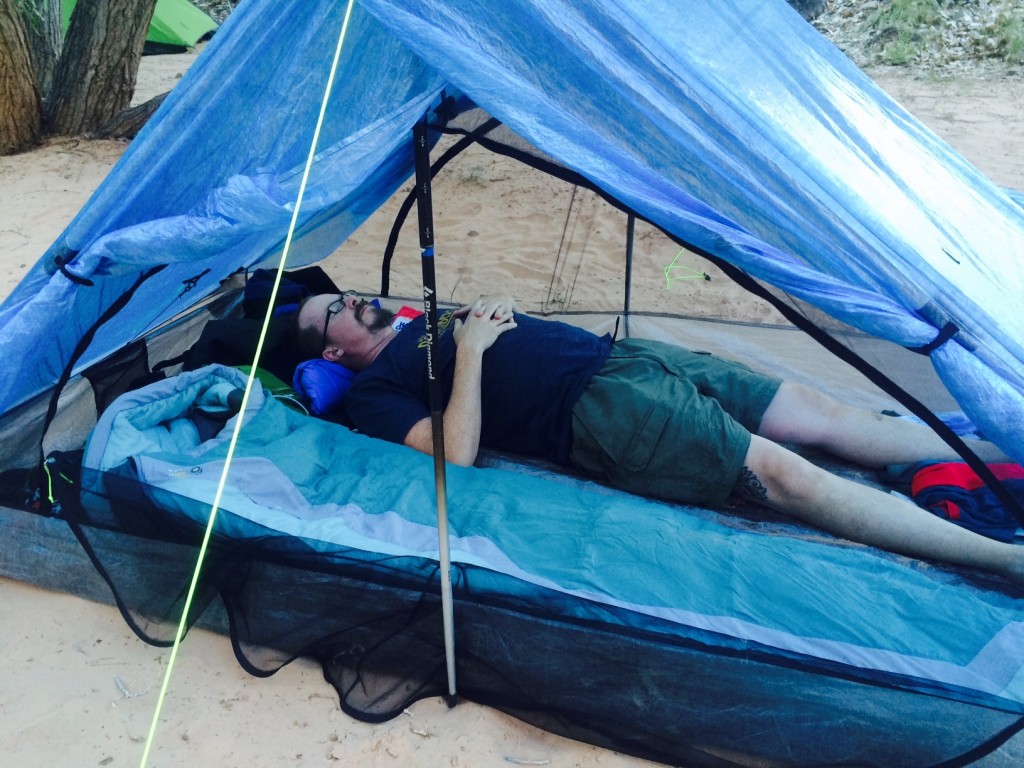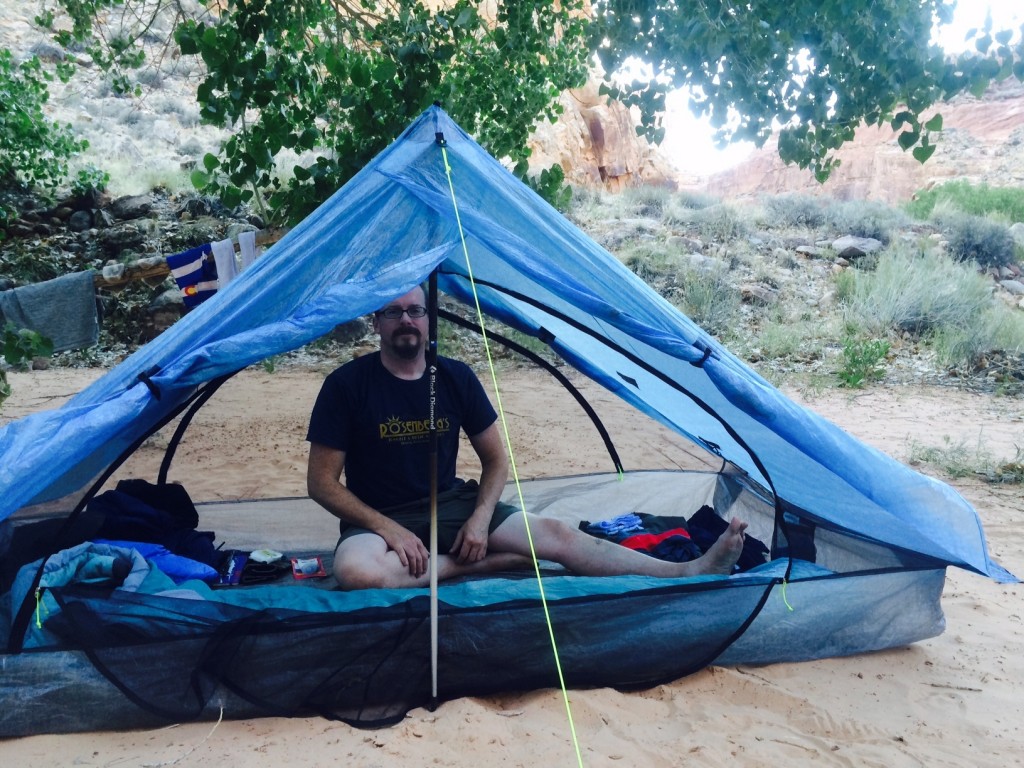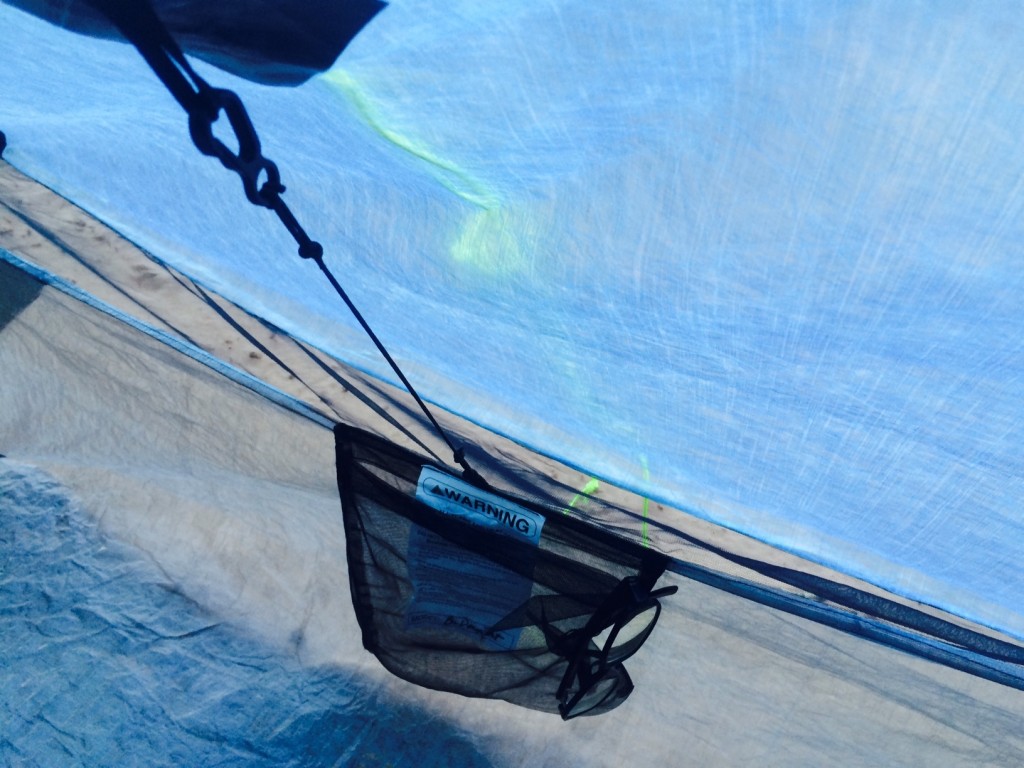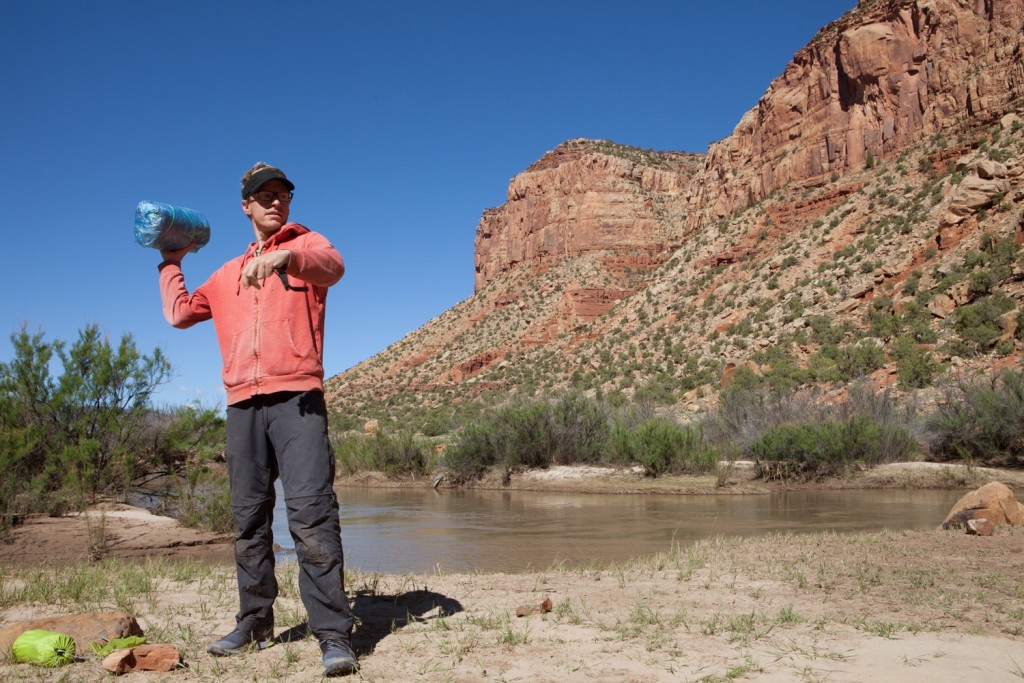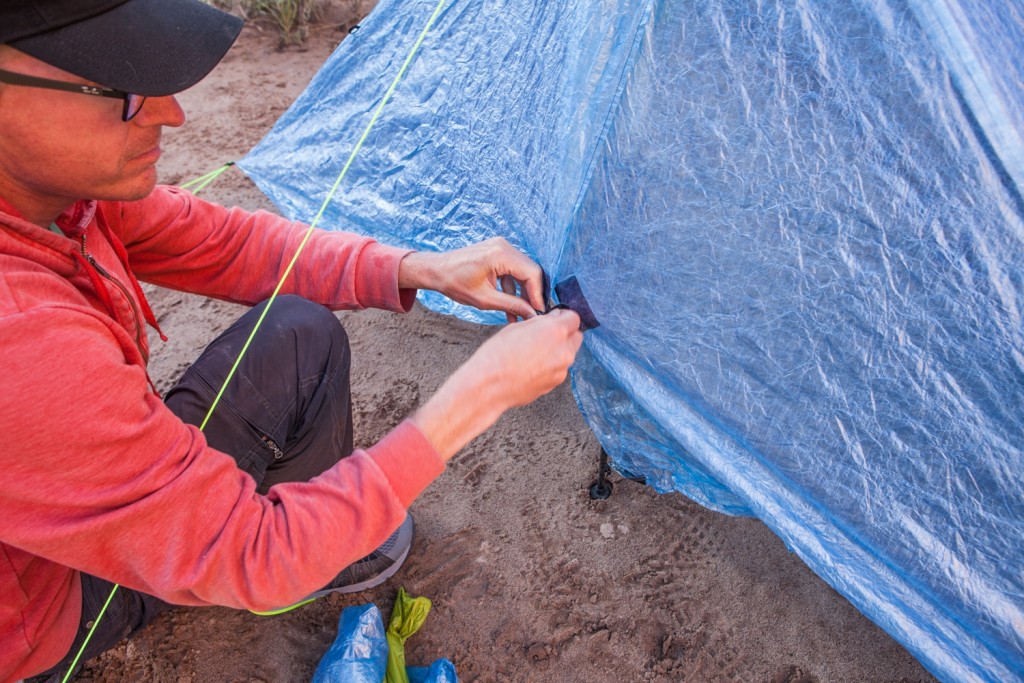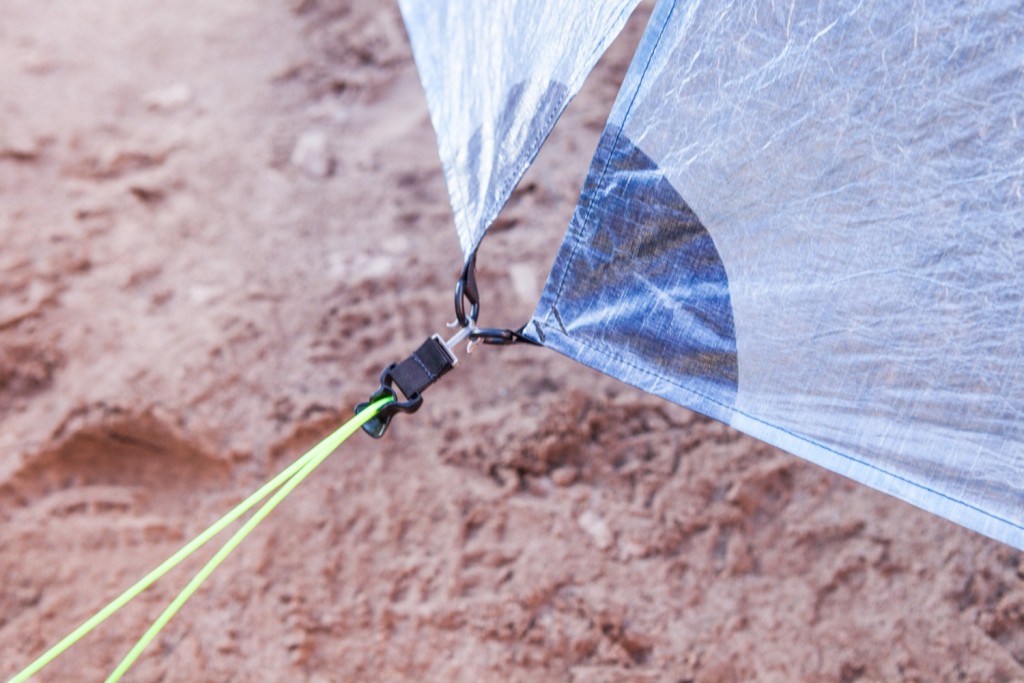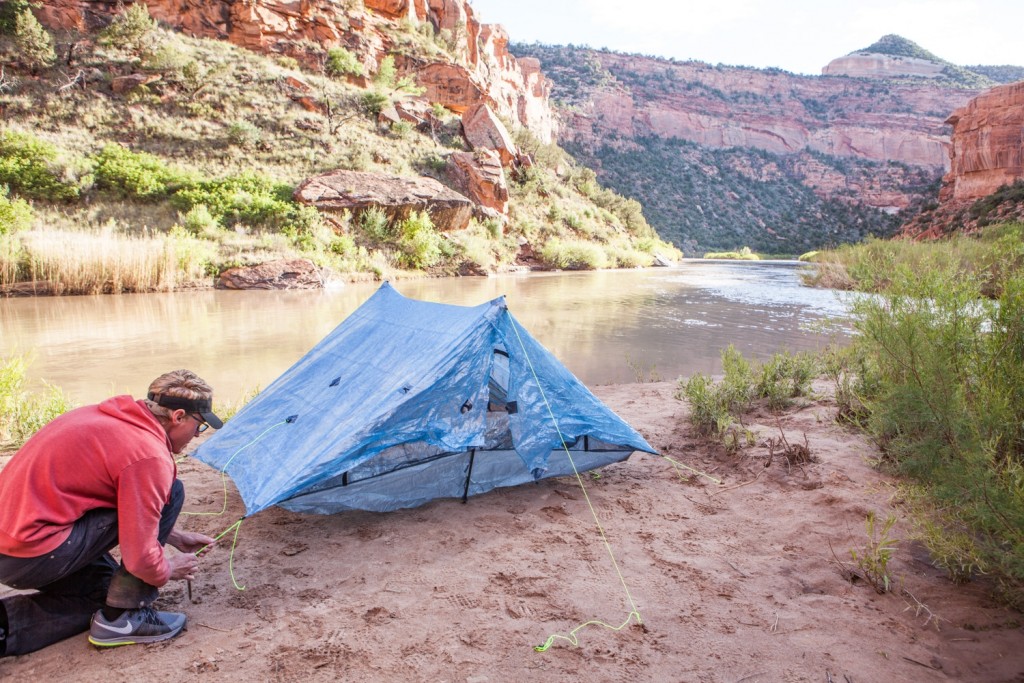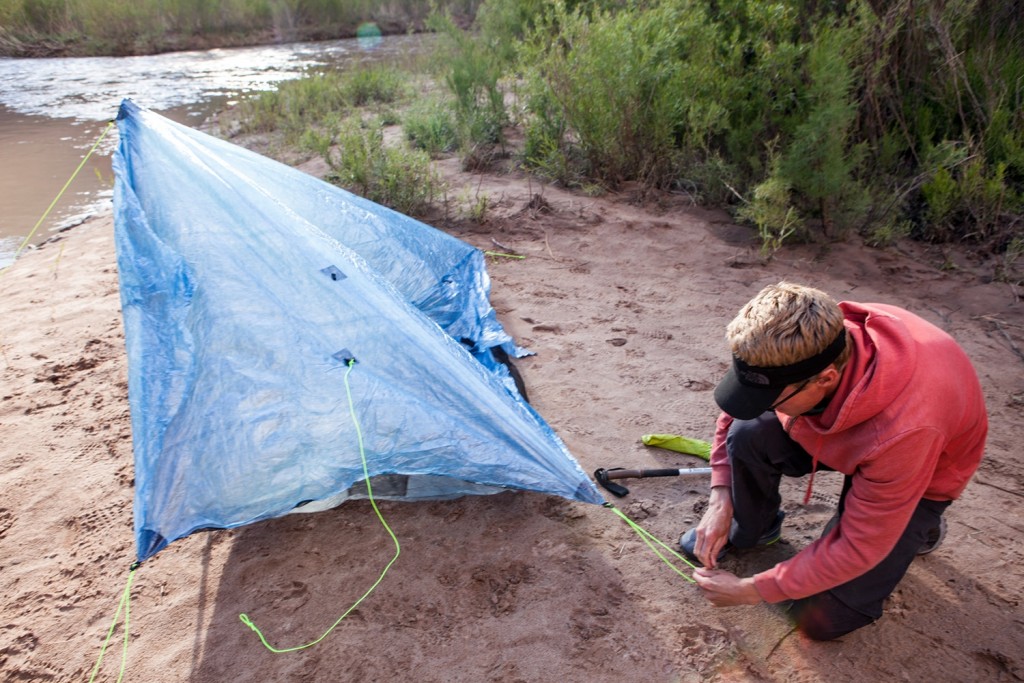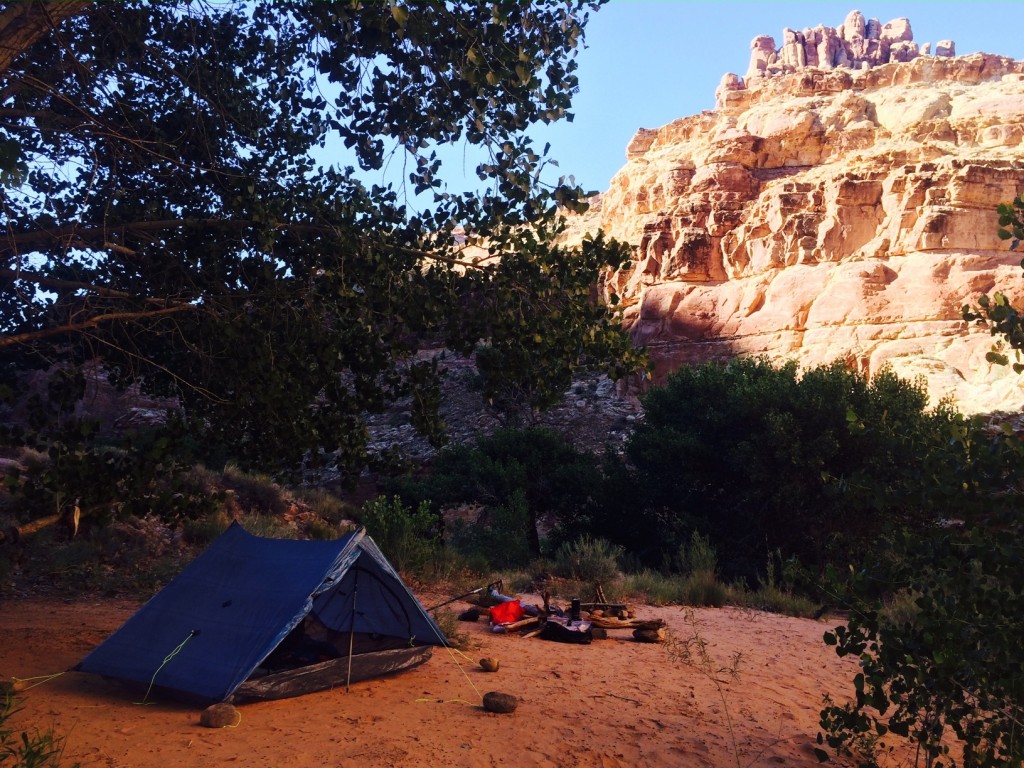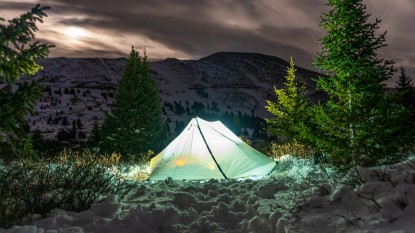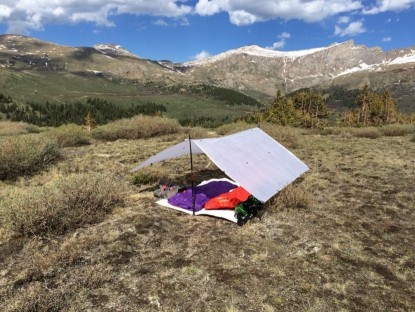ZPacks Duplex Flex Upgrade Review
Our Verdict
Compare to Similar Products
 This Product
ZPacks Duplex Flex Upgrade | |||||
|---|---|---|---|---|---|
| Awards | Best Overall Single Wall Ultralight Tent | Best Overall Double Wall Ultralight Tent | Best Value for a One-Person Ultralight Tent | Best Value for a Two-Person Ultralight Tent | Most Protective Tarp |
| Price | $818 List | $519 List | $240 List | $197 List $182.99 at Amazon | $389 List $369.00 at Hyperlite Mountain Gear |
Overall Score  |
|||||
| Star Rating | |||||
| Bottom Line | Amazing weather and bug protection makes this one of the most popular thru-hiking options and our first choice | Remarkable two person tent that's comfortable to stay in for long treks, while also being able to survive most any weather you throw at it | Fantastic value for a tent that will take you happily across the country | A inexpensive tent we can not only recommend but implore you try out | Excelling in adaptability and light weight, this simple square tarp is an ultralighter's dream shelter |
| Rating Categories | ZPacks Duplex Flex... | Tarptent StratoSpir... | Durston X-Mid 1P Gen 2 | 3F UL Gear Lanshan... | Hyperlite Mountain... |
| Livability (30%) | |||||
| Weight (25%) | |||||
| Weather Resistance (25%) | |||||
| Adaptability (10%) | |||||
| Ease of Set-Up (10%) | |||||
| Specs | ZPacks Duplex Flex... | Tarptent StratoSpir... | Durston X-Mid 1P Gen 2 | 3F UL Gear Lanshan... | Hyperlite Mountain... |
| Type | Single wall tent w/ sewn in bug mesh and floor | Double wall tent w/ removable floor and bug netting | Twin pole structure w/ removable bug netting | Single wall tent w/ sewn in solid inner and floor | Flat tarp |
| Weight With All Components | 28.3 oz | 39.5 oz | 31.3 oz | 39.2 oz | 11.3 oz |
| Measured Weight of Included Shelter Parts | Total (tarp + upgrade): 28.3 oz; Tent: 18.1 oz; Stuff sack: 0.3 oz (Flex upgrade: poles: 9.8 oz, pole bag: 0.1 oz) | Total 39.5 oz; Fly: 21.2 oz; Inner mesh: 14.7 oz; Stuff sack: 0.7 oz; Tent peg sack: 0.2 oz; Stakes: 2.5 oz; Accessories: 0.2 oz | Total: 31.3 oz; Fly: 17.9 oz; Inner: 10.9 oz; Stakes: 1.9 oz; Stuff sack: 0.4 oz; Stake sack: 0.2 oz | Total: 39.2 oz; Fly: 34.0 oz; Stuff sack: 1.4 oz; Stake stuff sack: 0.3 oz; Stakes: 2.8 oz; Accessories: 0.7 oz | Total 11.3 oz; Tarp: 9.2 oz; Stuff sack: 0.3 oz; Extra guy lines: 1.8 oz |
| Stakes Included? | No | No | Yes | Yes | No |
| Trekking Poles Needed for Set-up? | Yes w/o flex kit No w/ flex kit |
Yes | Yes | Yes | Yes or Tree |
| Capacity | 2 person | 2 person | 1 person | 2 person | 2 person |
| Max Floor Dimensions | 45 x 90 in | 89 x 52 in | 87 x 28 in | 91 x 51 in | 103 x 103 in |
| Peak Height | 48 in | 45 in | 43 in | 47 in | Depends on configuration |
| Fabric | .51 oz/sqyd DCF Fabric | Ultra TNT | 20D Sil/PE Polyester | Fly: 20D SilNylon, Floor, 20D PU Nylon, Inner: 15D Nylon | DCF8 Dyneema Composite Fabrics |
| Packed Size | 7 x 13 in | 16 x 6 x 6 in | 12 x 5 in | 13.7 x 5.9 in | 6.5 x 5.5 x 3.5 in |
| Floor Area | 28.1 sq ft | 32.1 sq ft | 16.9 sq ft | 32.2 sq ft | Depends on configuration |
| Doors | 2 | 2 | 2 | 2 | 0 |
| Number of Poles | 4 | 2 | 2 | 2 | Variable |
Our Analysis and Test Results
This season, we tested out the Duplex Flex Upgrade. The Flex gives you the option of having a free-standing version of the Duplex that is easier to set up on surfaces that are impossible to stake and allows you to set the tent up without trekking poles. It adds 11 oz to the whole package. It's a nice option if you're on a river trip or camping on soft sand or granite slabs. We feel the four flex pole set up makes this tent more adaptable, though most of our testers say they'd go with the lighter weight trekking pole set up, so our metrics reflect the Duplex without the Flex pole option.
The Duplex tent is a tarp style single-wall tent that sets up as an A-frame with two adjustable trekking poles serving as support at each end. What sets it apart from other tarps is that it includes sewn-in mesh bug netting as well as a highly durable DCF bathtub style floor. Covering the door at each end of the open A-frame is a zippered mesh door and vestibule fly, so that not only can this tent be accessed from each side, but it also has four-sided wind and rain protection, something not available on your standard tarp. In addition, its interior is incredibly spacious, easily fitting two people and their sleeping pads.
Performance Comparison
Livability
Livability represents how comfortable a tent is to hang out in. Compared to the competition, this is one of the most livable tents we have had the pleasure of reviewing.
Interior space in this tent is one of the things we immediately noticed, especially after spending nights in much smaller models. It comfortably fits two people and is tall enough to sit up comfortably, without having a center pole that prevents one from effectively utilizing the area with the best headroom.
The bug protection is a huge bonus, eliminating the need to purchase and add on some other sort of system, such as a detachable net or bivy sack. We also love how the design of the overhanging eaves with a horizontal bug net underneath allows proper ventilation and an optimal method for managing condensation. As the vapor builds up along the walls, it can run down and drip through the bug mesh to the outside of the tent, rather than merely running onto the floor. The combination of ventilating mesh on all sides almost makes it feel like a double-wall tent.
Lastly, who can argue with double doors? The rainbow zipper on each door allows the whole wall to be opened up, so you don't need to crawl through a tiny opening to get in or out. With two people, each has their own door, making nighttime exits drama-free while allowing for easier gear management within each vestibule. Bonus!
Weight
This tent weighs in at 1 pound 5.2 ounces or 21.2 ounces; this includes the weight of the tent as well as the bug netting and bathtub floor, which are attached and cannot be detached, as well as the stuff sack. This weight also includes the eight guy-out lines, which come pre-cut and in place with line locks (one on each corner, one for each of the poles at the eaves of the tent, and two as extra guy-outs in the middle for bad weather). What it does not include is the six stakes that are needed to set it up on a soft surface (minimum), or eight if you also use the two extra guy out points, as well as the weight of trekking poles or optional tent poles if you choose to purchase them.
While many other tents advertise a low weight, they forget to mention that there is no floor or bug netting, or tent pegs that go with the tent. As a result, this measurement is left out in the metrics. As a result, this earns a relatively high weight score, even though there are lighter contenders with lower “advertised” weights. With these comparisons in mind, it is evident that the Duplex is extremely light considering that amount of built-in protection.
Weather Resistance
Weather resistance is a strong point for the Duplex, which protects from foul weather better than most other options out there. The primary protective overhead sheet of fabric is a lightweight Dyneema Composite Fiber (DCF) that does an excellent job of sheltering one from a downpour. The DCF fiber is naturally waterproof, so unlike DWR coatings or laminates, the waterproofness cannot wear off. It also does not absorb any water, so it doesn't stretch and sag when it gets wet like nylon tent flies. The shape of the tarp is a cat cut, so the tips of the poles on each end of the eaves are higher than the middle. This design makes it easier to tension the tarp so that it is tight on all sides, thereby keeping it from flapping in the wind.
The edges of the tent extend six inches out beyond the boundaries of the interior bathtub floor, giving an excellent protective eave on all sides that do well in a hard or driving downpour. We love how the bathtub floor, also made of a stronger DCF material, is included with this tarp. The sides of this floor rise eight inches above the ground — an ideal height for protecting against splashback — and also offering peace of mind as a protective layer against water or mud in heavy storms.
Like all A-frame pitched tarps, this one has openings on either side. These vestibules are overlapping flaps of DCF that close using a unique hooking system and don't have the added weight of a zipper, or the inherent ability to wear out and get stuck. When it is nice out, these flaps easily roll back, affording excellent ventilation and views, as well as convenient in-and-out access. As long as your stakeout points are secure, this tent is stable in high winds. That said, it's still drafty inside, much like a single-wall pyramid tent where the fly doesn't reach the ground. It also has two extra guy-out points, with a cord attached, in the middle of each side of the tarp for nights with heavy weather. Overall, we found this to be one of the best ultralight tents we tested for weather protection.
Adaptability
Adaptability is the one metric where this tent suffers, as the design is fixed. It is non-freestanding, meaning it needs to be staked and guyed out in at least six different directions to stay standing and weatherproof. Terrain choice for setup becomes a critical component of how well this tent performs. Ground surfaces like sand, snow, hard rock, or very shallow soil each present their challenges, most of which are precluded by using large rocks (if present), or by burying deadmen, instead of stabbing stakes into the ground.
We tested the flex pole version of the duplex and found set up just easy, but feel the tent is less bomber in high winds when not tensioned against the two trekking poles. The freestanding flex upgrade is excellent for river trips where you're not likely to bring trekking poles and may often be camping in the sand. Additionally, this tarp can only set up one way, and so is not as adaptable as a standard tarp, which can pitch in a myriad of different patterns.
Another component of this tent is that it requires two adjustable trekking poles for setup. To combat this limitation, Zpacks sells tent poles that perfectly fit the Duplex, at an additional cost and an extra five ounces of weight combined.
Ease of Set-up
Setting up the Duplex is not as intuitive or as easily managed by one person as a freestanding tent that includes poles. However, with a little practice, and given that there isn't a howling wind, this tent can quickly pitch alone. The crux comes in correctly locating the stake placements, which takes a few setups to get the hang of. It can also be frustrating to keep one trekking pole standing upright in place without letting it fall over as you run around and stake out the corners on the opposite side. We found that we often needed to adjust a stake or two after the tent was standing to ensure tautness all around.
For the flex upgrade, the set-up process is similar, except you install the poles and adjust them until they're in the proper symmetrical configuration before staking the tent down. We found the flex version a little easier to set up. In short, setting up this tent takes a bit of practice, and one should read the instructions provided by Zpacks and conduct a few trial runs at home before staring down an impending thunderstorm out in the wild.
Should you buy the ZPacks Duplex Flex Upgrade?
The Duplex will cost you a pretty penny plus a little extra if you prefer the flex upgrade, making it a super expensive shelter — not to mention the cost of stakes, which are not included but are all but necessary. Despite the high price, it's one of our favorite ultralight tents. Anybody considering a super bomber 2-person shelter should consider throwing down on the investment. It is ideal for wet and dry climates, with or without bugs. A perfect option if you need a little extra space when sharing it with another or an impressive one-personal palace.
The Zpacks Duplex offers low weight, excellent weather protection, a comfortable living space, and included bug protection. The materials are quality and the made-to-order craftsmanship is worth the expense. This tent is a fantastic option for long thru-hikes or short overnight backpacking trips. With lots of significant advantages and only minimal drawbacks, this tent quickly endeared itself to all who used it.
What Other Ultralight Tents Should You Consider?
If you're flying solo, seriously consider the Tarptent Aeon Li, another DCF trekking pole tent. It has excellent performance and comes in even lighter. The Gossamer Gear The Two also has enough for two people without being too cramped. You'll find it at a great price because of its nylon construction.


